This post is part of a series recognizing Antimicrobial Awareness Week 2024. Today, we feature a PharmtoExamTable post written by PharmD Candidate Theodore Blum. Read on to learn more!
Ventilator-Associated Pneumonia (VAP) is a hospital-acquired infection that affects anywhere from 5-40% of patients mechanically ventilated for two days or longer.1-2 In addition to a mortality rate of around 10%, VAP is associated with an increase in duration of mechanical ventilation, intensive care unit (ICU) length of stay, antibiotic resistance, and overall healthcare costs.2 The 2016 Infectious Diseases Society of America (IDSA) and American Thoracic Society (ATS) guidelines for the management of VAP and Hospital-acquired pneumonia include empiric recommendations for antibiotics with activity against Staphylococcus aureus, Pseudomonas aeruginosa, and other gram-negative bacilli.1 Recommended strategies for preventing VAP include avoiding intubation when possible, daily sedation vacations, elevating the head of the bed, maintaining physical conditioning, providing oral care with toothbrushing, utilizing endotracheal tubes with secretion draining ports, and selective decontamination of the oropharynx and digestive tract.3 However, the role of short-term antibiotics as a prophylactic measure remains unclear. Several studies have evaluated this question using either intravenous or inhaled routes of antibiotic administration, but the wide range antibiotic agents, dosing strategies, and patient populations studied make broad recommendations in support or against VAP prophylaxis difficult.4, 6-9
Studies Utilizing Intravenous Antibiotics
A French study from 2019 including nearly 200 patients admitted to the ICU evaluated the use of a two-day course of intravenous amoxicillin-clavulanate (Augmentin) in patients mechanically ventilated after cardiac arrest. It was a randomized placebo-controlled trial with the primary outcome of early VAP, defined as VAP occurring within the first seven days of hospitalization. The study showed amoxicillin-clavulanate significantly lowered the incidence of early VAP compared to placebo (19% vs. 34% respectively, HR 0.53; 95% CI 0.31-0.92; P=0.03). However, there were no differences in late VAP and other clinical endpoints like ICU length of stay, ventilator-free days, or 28-day mortality.4 In addition, amoxicillin-clavulanate is not available in the United States as an intravenous product, preventing potential implementations of the dosing regimen used in the study.5 Most recently in 2024, another study in France including nearly 350 patients assessed the use of a single 2-gram dose of intravenous ceftriaxone to prevent early VAP in mechanically ventilated patients following acute brain injury. This was also a randomized, placebo-controlled trial that showed ceftriaxone reduced early VAP compared to placebo (14% vs. 32% respectively; HR 0.60; 95% CI 0.38-0.95; P=0.03). In contrast to the first trial discussed, a reduction in 28-day mortality and an increase in ventilator-free days were seen. However, there was still no difference in occurrence of late VAP. Also, 60-day mortality was not statistically different between the two groups.6
Studies Utilizing Inhaled Antibiotics
Inhaled antibiotics in VAP allow for delivery of high drug concentrations to the site of infection. A meta-analysis published in 2018 suggested that antibiotics administered via nebulizer reduced the incidence of VAP but saw no reductions in ICU mortality.8 Some of the antibiotics used in the studies included ceftazidime, colistin, and gentamicin. There were some key limitations to the study, which highlight the difficulties of conducting clinically useful meta-analyses on the topic of prophylactic antibiotics to prevent VAP. First, there was significant heterogeneity identified between the studies with the use of different antibiotics, dosing regimens, and patient populations. Second, negative studies may be less likely to be published in medical literature, creating publication bias that may have affected the meta-analysis’ results.8 Lastly, most trials were conducted at a single center which limit repeatability and external validity.
A multicenter randomized, placebo-controlled trial published in October 2023 added more literature to the use of inhaled antibiotics in VAP prevention.9 The study included nearly 850 patients, assessing the use of a 3-day course of 20mg/kg inhaled amikacin to reduce the incidence of VAP at 28 days. It showed the development of VAP was lower in the amikacin group compared to placebo (15% vs. 22% respectively, P=0.004), but as other trials found, there was no difference in mortality.9
Summary of Studies and Discussion
Many studies to date exploring antibiotic use for prevention of VAP have found significant reductions in the incidence of early VAP (within 7 days of mechanical ventilation), but no differences in late VAP or mortality. Some of the studies also show a reduction in ICU length of stay and increased ventilator-free days. Diagnosis of VAP is an important consideration when evaluating literature in this area. The IDSA/ATS Guidelines note VAP diagnosis is not straightforward. It involves using clinical criteria, identifying lung infiltrates correlating with physical examination findings suggestive of an infectious cause.1 However, some of the clinical criteria have low sensitivity and/or specificity for VAP, leading to overdiagnosis and overuse of antibiotics. For example, a meta-analysis found that fever only had a sensitivity of 66.4% and a specificity of 53.9% for VAP.10Misdiagnosis of VAP would affect the primary outcomes of the discussed studies.
Conclusion
There is not a short-term antibiotic prophylaxis regimen that shows consistent reductions in VAP, ICU length of stay, and mortality. Unnecessary antibiotic use will contribute to resistance. While overall antibiotic use may decrease by preventing VAP, the inconsistencies in VAP diagnoses and mortality reduction make it difficult to determine the benefit. Therefore, the routine use of short-term antibiotics solely for the purpose of preventing VAP is not recommended. Further multicenter, randomized placebo-controlled trials should be conducted to better understand antibiotics’ role in VAP prevention.
Reviewed by: Jenna Preusker, PharmD, BCPS, BCIDP
Supervised by: Scott Bergman PharmD, BCIDP, FIDSA
and Jillian Mack, PharmD
Sources:
- Kalil AC, Metersky ML, Klompas M, et al. Management of Adults With Hospital-acquired and Ventilator-associated Pneumonia: 2016 Clinical Practice Guidelines by the Infectious Diseases Society of America and the American Thoracic Society. Clin Infect Dis. 2016;63(5):e61-e111.
- Papazian L, Klompas M, Luyt CE. Ventilator-associated pneumonia in adults: a narrative review. Intensive Care Med. 2020;46(5):888-906.
- Klompas M, Branson R, Cawcutt K, Crist M, Eichenwald EC, Greene LR, et al. Strategies to prevent ventilator-associated pneumonia, ventilator-associated events, and nonventilator hospital-acquired pneumonia in acute-care hospitals: 2022 Update. Infect Control Hosp Epidemiol. 2022 Jun;43(6):687-713.
- François B, Cariou A, Clere-Jehl R, et al. Prevention of Early Ventilator-Associated Pneumonia after Cardiac Arrest. N Engl J Med. 2019;381(19):1831-1842.
- Amoxicillin and Clavulanate. Lexi-Drugs. UpToDate Lexidrug. UpToDate Inc. https://online.lexi.com. Accessed Oct. 17, 2024.
- Dahyot-Fizelier C, Lasocki S, Kerforne T, et al. Ceftriaxone to prevent early ventilator-associated pneumonia in patients with acute brain injury: a multicentre, randomised, double-blind, placebo-controlled, assessor-masked superiority trial. Lancet Respir Med. 2024;12(5):375-385.
- Zha S, Niu J, He Z, et al. Prophylactic antibiotics for preventing ventilator-associated pneumonia: a pairwise and Bayesian network meta-analysis. Eur J Med Res. 2023;28(1):348.
- Póvoa FCC, Cardinal-Fernandez P, Maia IS, Reboredo MM, Pinheiro BV. Effect of antibiotics administered via the respiratory tract in the prevention of ventilator-associated pneumonia: A systematic review and meta-analysis. J Crit Care. 2018;43:240-245.
- Bellissimo-Rodrigues WT, Bellissimo-Rodrigues F. Inhaled Amikacin to Prevent Ventilator-Associated Pneumonia. N Engl J Med. 2024;390(8):769-770.
- Fernando SM, Tran A, Cheng W, et al. Diagnosis of ventilator‑associated pneumonia in critically ill adult patients—a systematic review and meta‑analysis. Intensive Care Med. 2020;46:1170-9.

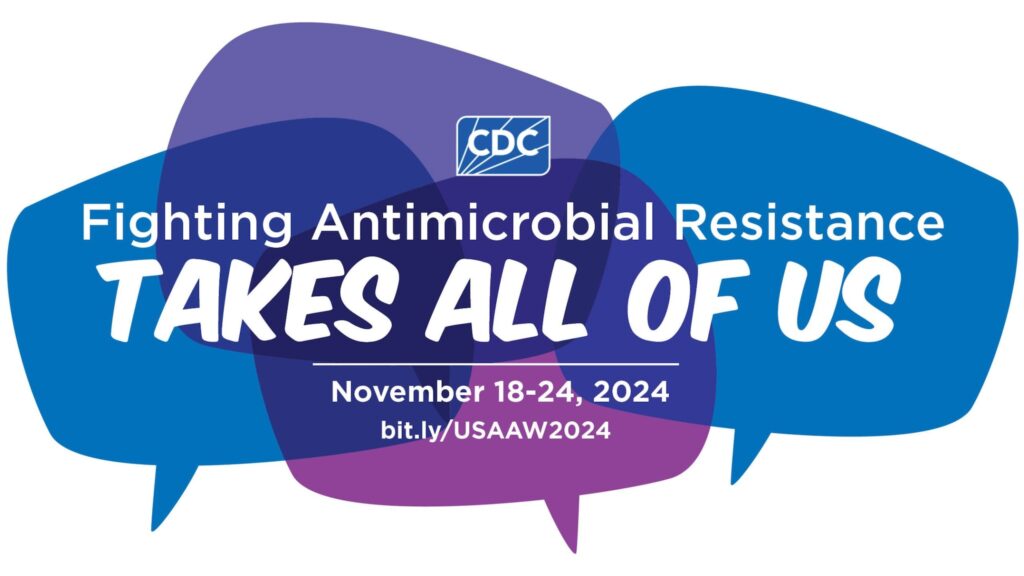


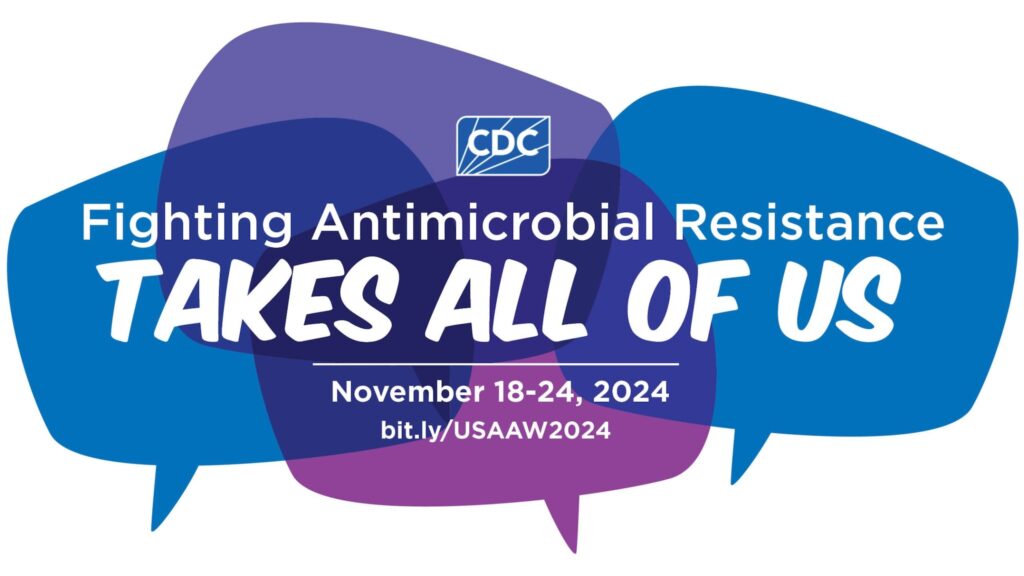
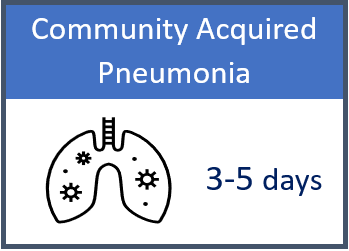
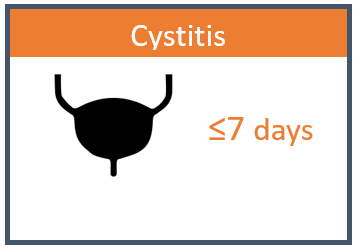
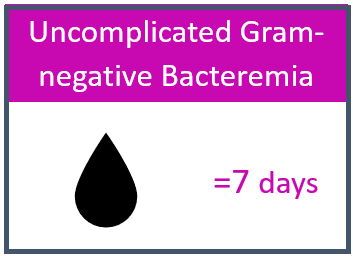
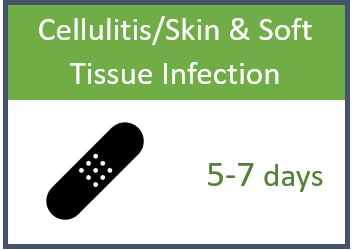
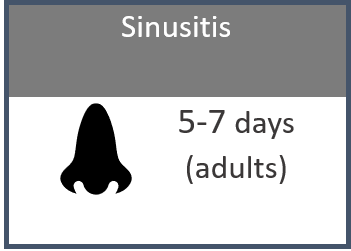
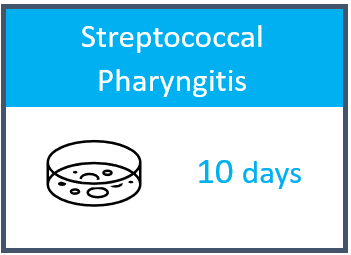
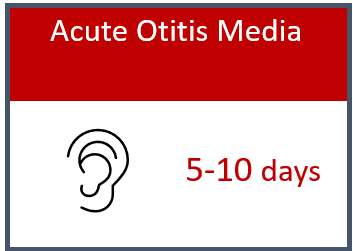

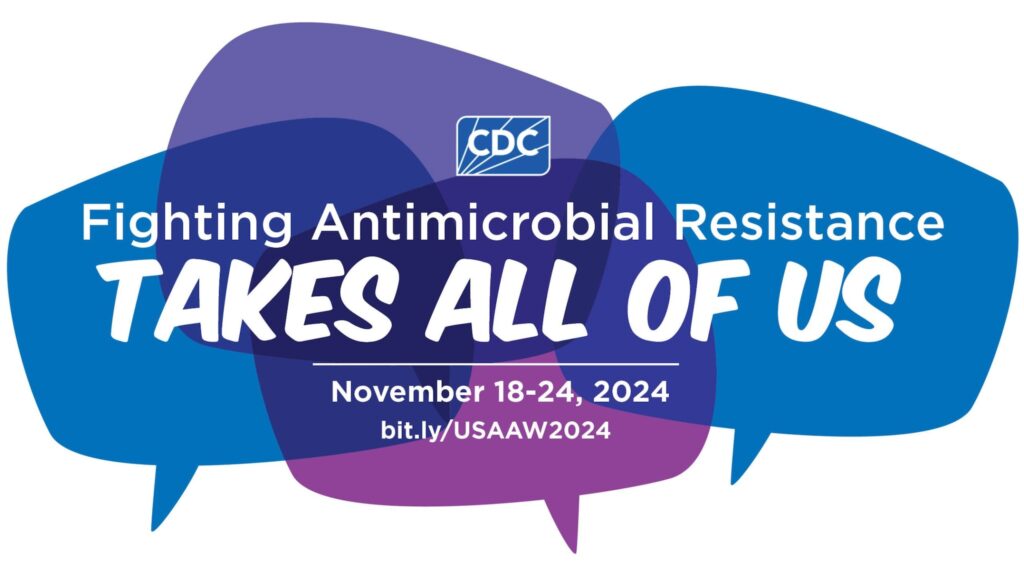




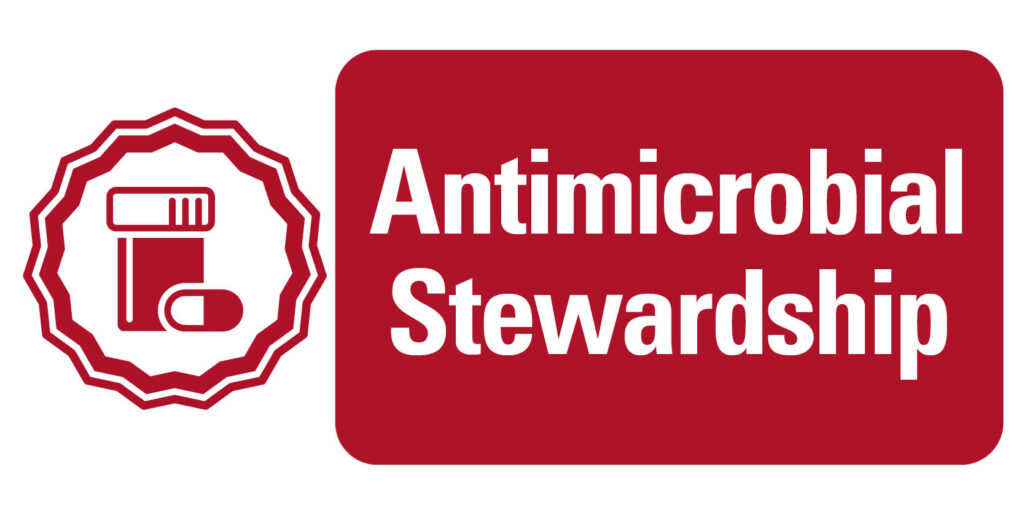
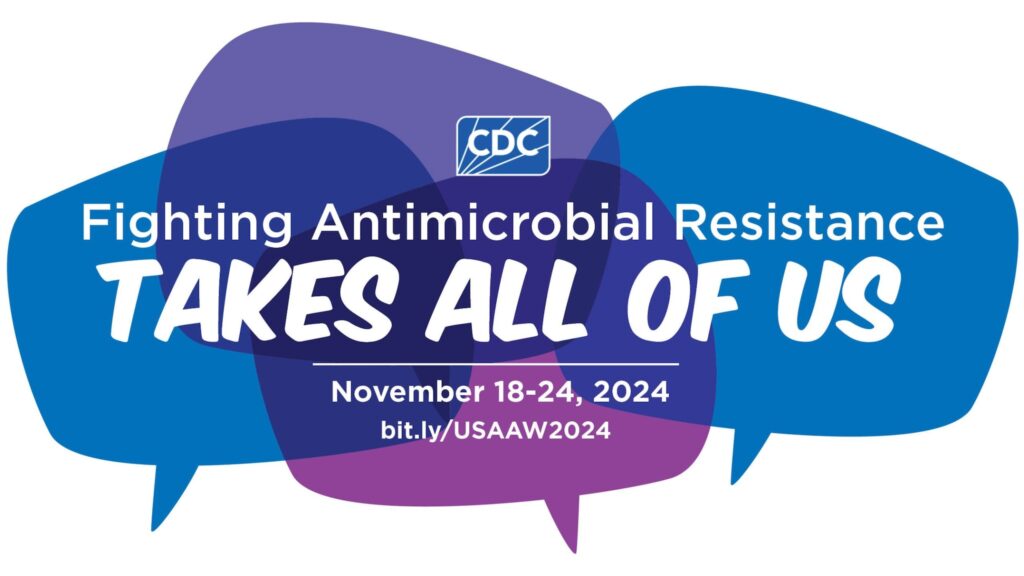
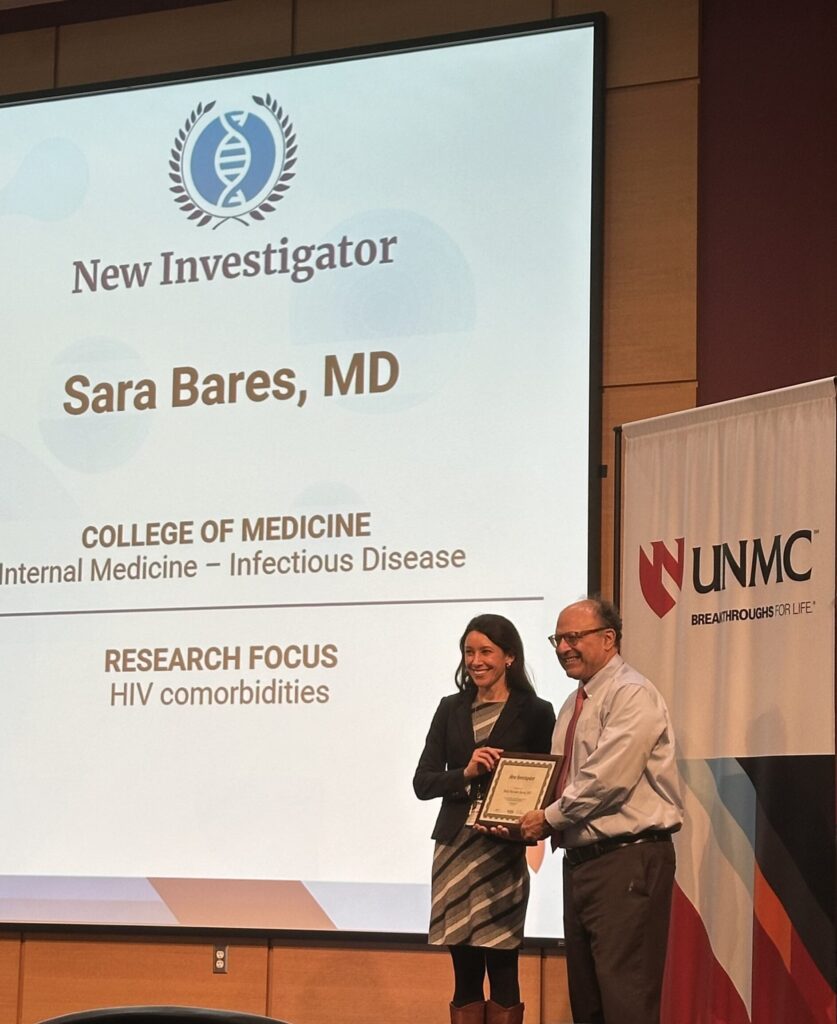


























Recent Comments